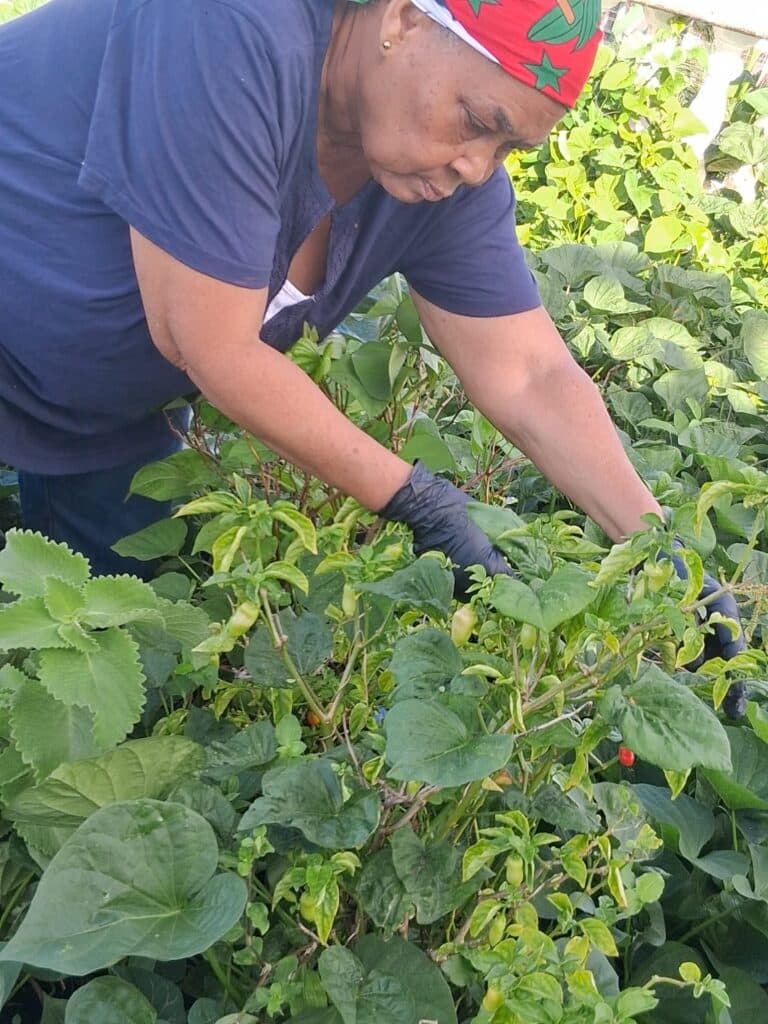As part of the activities of the Meeting of Ministers of Agriculture of the Americas 2013, being held in Buenos Aires, the three agencies presented their annual report on agriculture in the region.

Buenos Aires, September 26, 2013. According to a report presented today in Buenos Aires during the Meeting of Ministers of Agriculture of the Americas 2013, given the impossibility of bringing more land into production, the only way to increase food production in Latin America and the Caribbean (LAC) is for agriculture is to become more productive, an effort in which the family agriculture sector has a key role to play.
This assertion is made in the annual report “The Outlook for Agriculture and Rural Development in the Americas: a perspective on Latin America and the Caribbean” (Executive Summary) prepared jointly by the Economic Commission for Latin America and the Caribbean (ECLAC), the Regional Office for Latin American and the Caribbean of the United Nations Food and Agriculture Organization (FAO) and the Inter-American Institute for Cooperation on Agriculture (IICA).
The publication includes a special chapter on the current situation in and the outlook for family agriculture in LAC, as well as an analysis of the macroeconomic context of the agricultural, livestock, forestry and fisheries sectors, of rural well-being, and of the institutional framework for agriculture.
According to Alicia Barcenas, Executive Secretary of ECLAC, despite the slowdown in agriculture in the region in 2013, improving economic conditions in 2014 are expected to favor overall economic growth and the growth of agriculture in the region.
“These trends must be bolstered with policies directed not only at increasing yields in commercial-scale agriculture sector, but also at fostering the inclusion of family agriculture in value chains,” she added.
In the opinion of the Director General of IICA, Victor M. Villalobos, “Family agriculture is the economic activity with the greatest potential for increasing food supply in LAC, reducing unemployment and taking the most vulnerable population in the rural areas out of poverty and malnutrition.”
The Regional Representative of FAO for Latin America and the Caribbean, Raul Benitez, agreed and added that in order to achieve these goals “it is crucial to promote innovation and technology generation, ensure the inclusion of family agriculture in value chains and stop the flight of young people from rural areas.”
ECLAC, FAO and IICA state in their report that, if family agriculture is to participate more in the market, the sector must adapt its production practices to changing demands and take advantage, for example, of the increased availability of telecommunication services in rural areas. This would provide access to more and better information and thus improve production, management and negotiation capabilities.
Macroeconomic context and agricultural analysis
Following the slowdown in 2012, gross domestic product (GDP) in LAC is expected to grow by 3% by the end of 2013, and then climb slowly to between 3.5% and 4% in 2014.
Production of cereal grains (the most important food group in the human diet) is expected to reach record levels in the northern and southern parts of the hemisphere, which would offset, at least in part, the negative impacts of climate variability on these and other crops in 2012.
In 2014, agricultural production and exports in LAC will benefit from an increase in world demand, which, in turn, will be boosted by growth in the developing countries and expansion of their middle class, provided there are no adverse effects from extreme climate events or a weaker US$.
The three agencies estimate that during the next decade agricultural prices will fall in real terms, which means that measures must be taken to increase investment, productivity and efficiency in agriculture. Such measures will enable the sector to manage, more successfully, climate-related and economic risks, which have the most prolonged effect on prices.
ECLAC, FAO and IICA recommend the adoption of three types of policies that will contribute to the growth of agriculture in the region: policies on the adaptation of production to world demand and climate, on agricultural health and food safety (AHFS) and on the operation of markets and trade.
In the first case, they recommend that the countries take advantage of any opportunities that arise from the growth in world demand for food, and support the formulation and adoption of policies intended to mitigate the impacts of climate variation on production and the rural population.
In the second group, the policies focus on strengthening the training of human resources and modernizing the AHFS systems in the countries, and in the third, on the need to promote increased coverage of and access to agricultural insurance, as a tool for managing risks.
Más información:
Executive Summary
ECLAC: prensa@cepal.org
FAO: Karen.Rodriguez@fao.org
IICA: patricia.leon@iica.int











